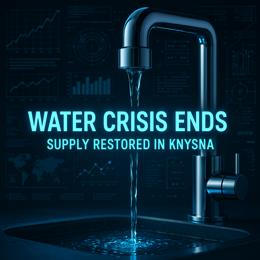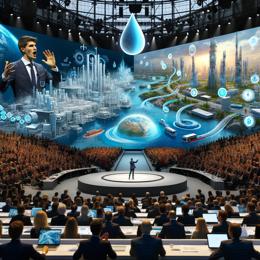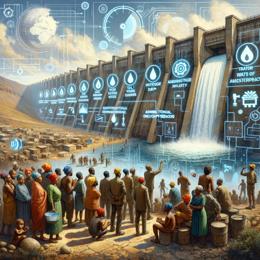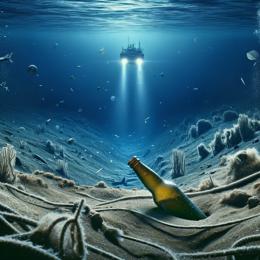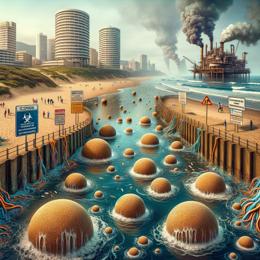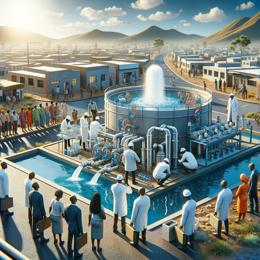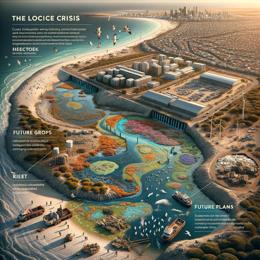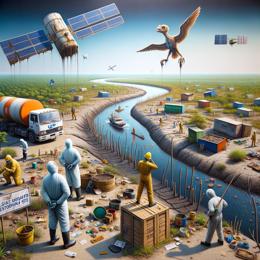Image created by AI
Coastal Controversy: Cape Town Battles Over Water Quality Claims
The City of Cape Town has been embroiled in a contentious dispute with environmental group RethinkTheStink and several academics, following assertions that the city's coastal water quality may not be as pristine as officially stated. This controversy was sparked by findings from Project Blue, a citizen-driven investigation that reported higher levels of pollutants at popular beaches than the city's data suggested.
Conducted between November 4 and December 6, 2024, Project Blue aimed to test water quality around the Cape Peninsula's Table Bay and False Bay areas. The study indicated significant pollution, particularly concerning levels of E. coli and Enterococci, indicators of fecal contamination, at key recreational beaches including Camps Bay, Clifton, and Saunders Rock.
According to Project Blue, tests revealed that water quality did not meet safe standards on numerous occasions. For instance, Camps Bay Beach recorded Enterococci levels nearly ten times above acceptable limits on December 6, 2024. Despite these concerning findings, the City of Cape Town challenged the credibility of the report, asserting that the laboratories used were not accredited by the South African National Accreditation System (SANAS) for such analyses, a claim later refuted by evidence of valid accreditation seen by the Daily Maverick.
The discord has escalated with the City's Deputy Mayor, Eddie Andrews, and DA Western Cape spokesperson on environmental affairs, Dave Bryant, publicly demanding an apology from Project Blue for what they claim is a reliance on unaccredited data meant to tarnish the city's reputation.
The dispute highlights a broader issue regarding transparency and accountability in environmental monitoring. Project Blue's Dr. Jo Barnes and Professor Leslie Petrik have defended their methodology, criticizing the city for not providing access to its raw data or its detailed testing protocols. They argue that their findings reflect a genuine public concern about water quality that is not adequately addressed by the current municipal management strategies.
Furthermore, environmental experts like Anthony Turton and local advocates like Jamii Hamlin have expressed concerns about the city's apparent lack of responsiveness to public health risks associated with using contaminated coastal waters. They have called for enhanced sewage treatment technologies, stricter regulations, and more robust public engagement to tackle the pollution issues more effectively.
This ongoing battle not only raises vital questions about environmental governance in Cape Town but also about the standards and transparency needed in public health and safety reporting. As it stands, both sides remain at an impasse, with the city defending its methodologies and Project Blue advocating for more rigorous and independent environmental surveillance. The outcome of this controversy will likely have significant implications for Cape Town's environmental policies and its reputation as a world-class coastal destination.

